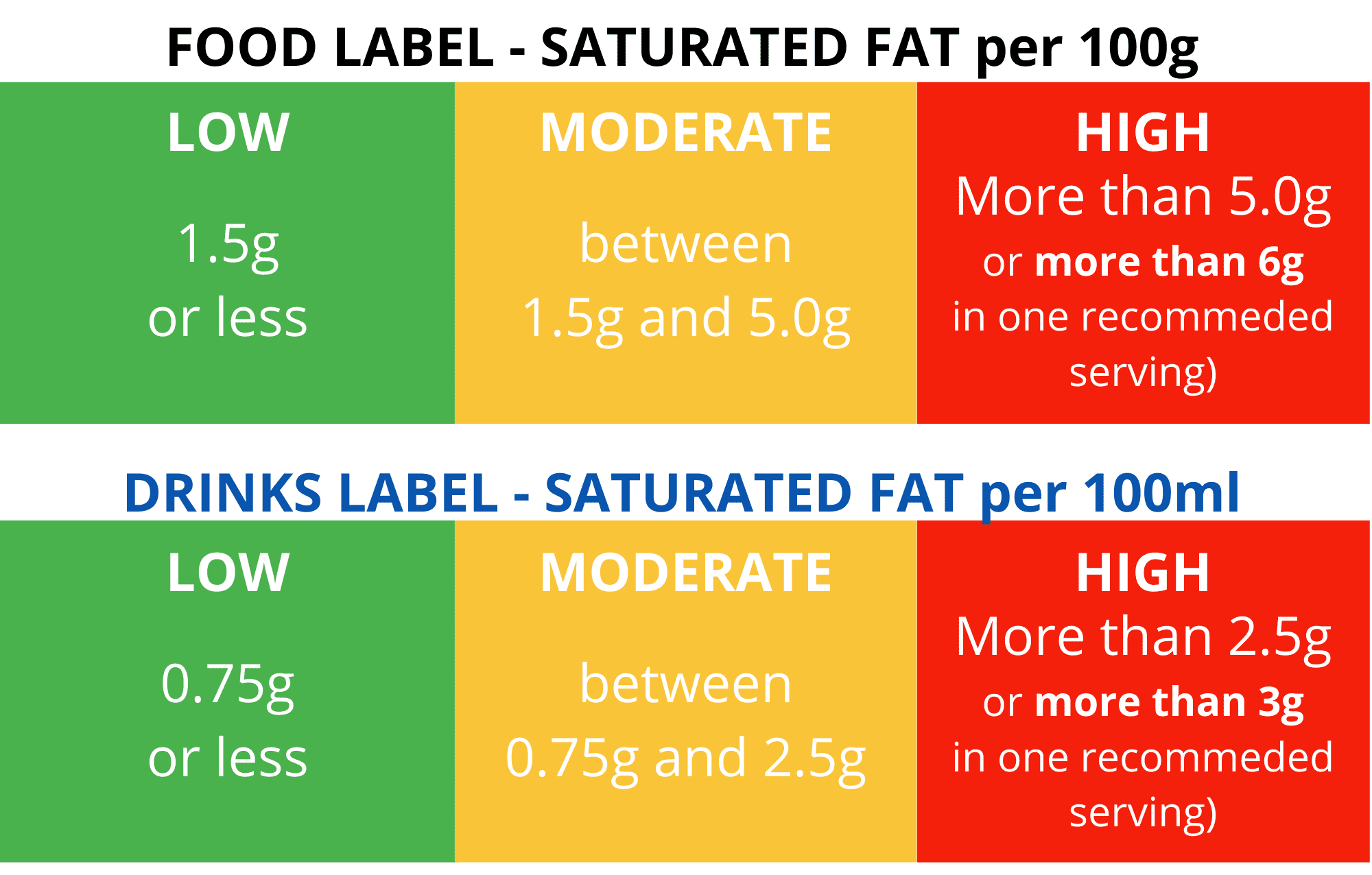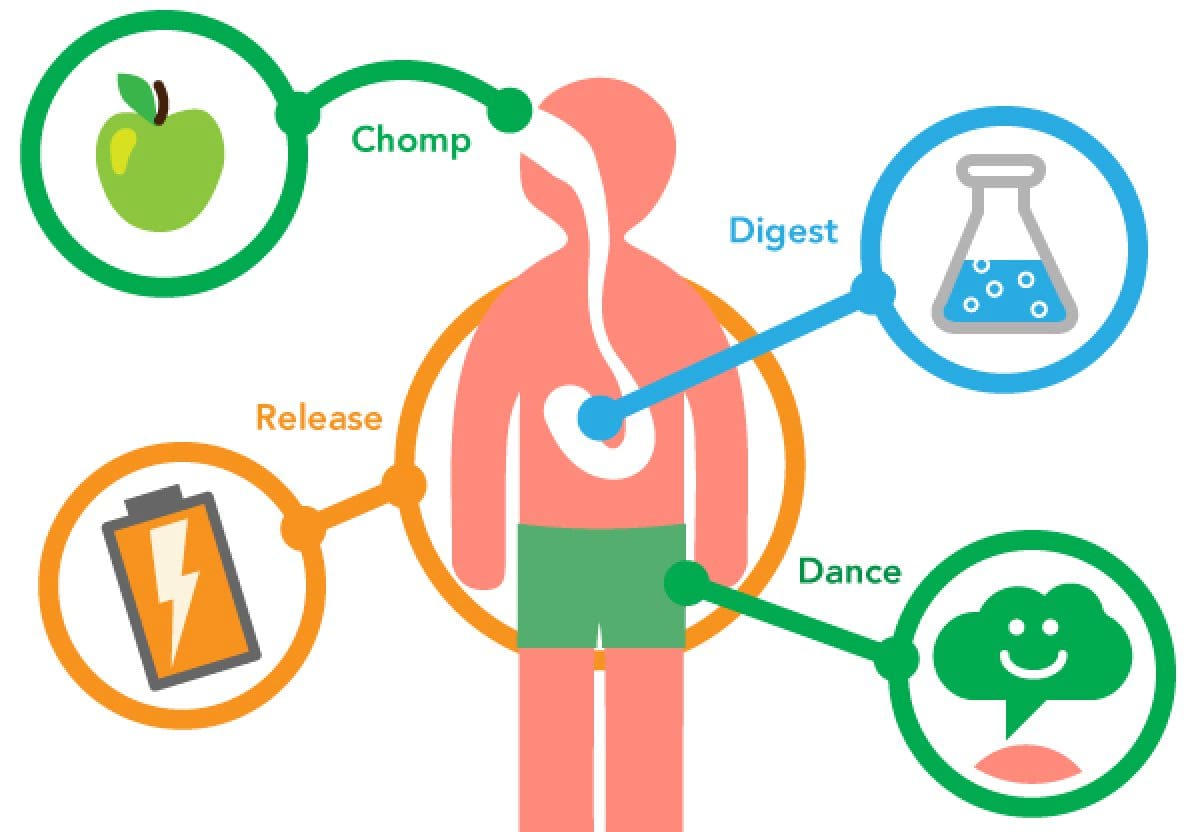The growing shift towards plant-based eating is reshaping how we approach weight loss, with veganism standing out as a highly effective and health-conscious option. By focusing on whole, fibre-packed foods and cutting out calorie-dense animal products, this lifestyle naturally supports weight management while enhancing overall health. Research highlights its ability to lower BMI, improve metabolism, and promote fullness—key factors in achieving sustainable weight loss. Beyond personal benefits, veganism aligns with environmentally friendly practices, making it a win for both your body and the planet. This article explores the science behind plant-based eating for weight loss success while offering practical tips to help you embrace this nourishing lifestyle effortlessly
In recent years, there has been a significant increase in the number of people turning to plant-based diets for various reasons, including ethical, environmental, and health concerns. One of the popular health benefits associated with a plant-based diet is weight loss. Veganism, which is a type of plant-based diet that excludes all animal products, has gained a reputation for being an effective way to shed pounds. But is there any truth to this claim? Can a plant-based diet truly help with weight loss? In this article, we will delve into the connection between veganism and weight loss, exploring the science behind it and the potential benefits it can offer. We will also address common misconceptions surrounding plant-based diets and provide practical tips for those looking to adopt this lifestyle for weight loss purposes. Whether you are a seasoned vegan or someone considering making the switch, this article will provide valuable insights into how plant-based eating can aid in shedding pounds and achieving a healthier body.
Plant-based diet promotes weight loss.
![]()
In recent years, there has been a growing body of evidence suggesting that adopting a plant-based diet can be beneficial for weight loss. Numerous studies have shown that individuals who follow a plant-based eating pattern tend to have lower body mass indexes (BMIs) and are less likely to be overweight or obese. This can be attributed to several factors inherent in a plant-based diet. Firstly, plant-based meals are typically lower in calories and saturated fats compared to diets that include animal products. Secondly, plant-based diets are rich in fiber, which helps to promote feelings of fullness and reduces overeating. Additionally, the abundance of vitamins, minerals, and antioxidants found in plant-based foods can support overall health and contribute to weight loss efforts. Overall, incorporating more plant-based foods into one’s diet can be a sustainable and effective strategy for achieving and maintaining a healthy weight.
Low in saturated fat.

A key advantage of adopting a plant-based eating pattern for weight loss is that it inherently helps to reduce saturated fat intake. Saturated fats, commonly found in animal products such as meat and dairy, have been linked to an increased risk of obesity and chronic diseases. By eliminating or minimizing these sources of saturated fat, individuals following a plant-based diet can significantly reduce their overall intake of this harmful fat. Instead, plant-based diets emphasize foods that are naturally low in saturated fat, such as fruits, vegetables, whole grains, legumes, and plant-based proteins. This not only supports weight loss efforts but also promotes heart health and reduces the risk of cardiovascular diseases. Making the conscious choice to consume a diet low in saturated fat through plant-based eating can be a powerful tool in achieving and maintaining a healthy weight.
High in fiber and nutrients.
Plant-based eating is not only effective for weight loss due to its low saturated fat content, but also because it is inherently high in fiber and nutrients. Fiber is an essential component of a healthy diet as it aids in digestion, promotes feelings of fullness, and helps regulate blood sugar levels. By consuming a variety of plant-based foods such as fruits, vegetables, whole grains, and legumes, individuals can easily meet their daily fiber needs. Additionally, plant-based diets are rich in essential vitamins, minerals, and antioxidants, which are vital for overall health and well-being. These nutrient-dense foods not only contribute to weight loss but also support a strong immune system, improved digestion, and increased energy levels. Incorporating a plant-based eating pattern that is high in fiber and nutrients can be a sustainable and effective approach to shedding pounds and achieving optimal health.
Boosts metabolism and energy levels.

In addition to promoting weight loss, a plant-based eating pattern can also provide a boost to metabolism and energy levels. This is due to the nutrient-rich nature of plant-based foods, which provide the body with essential vitamins, minerals, and antioxidants. These nutrients are crucial for supporting the body’s metabolic processes, including the conversion of food into energy. By fueling the body with plant-based foods, individuals can experience an increase in energy levels, allowing for improved physical performance and overall vitality. Furthermore, plant-based diets are typically lower in processed foods and artificial additives, which can contribute to sluggishness and fatigue. By opting for a plant-based approach, individuals can nourish their bodies with natural, whole foods that promote optimal metabolism and sustained energy throughout the day.
Incorporate variety for balanced nutrition.
To achieve balanced nutrition on a plant-based diet, it is important to incorporate a variety of foods into your meals. This ensures that you are obtaining a wide range of essential nutrients necessary for optimal health and weight loss. By including a diverse selection of fruits, vegetables, whole grains, legumes, nuts, and seeds, you can provide your body with the necessary vitamins, minerals, fiber, and protein it needs. Additionally, varying your food choices helps prevent boredom and monotony in your meals, making it easier to adhere to a plant-based eating plan in the long term. Experimenting with different flavors, textures, and cooking methods can also help you discover new and delicious ways to enjoy plant-based foods while achieving your weight loss goals. Remember, balance and variety are key to achieving a well-rounded and nourishing plant-based diet.
Vegan alternatives to high-calorie foods.
Within a plant-based eating plan, there are numerous alternatives to high-calorie foods that can support your weight loss goals. Rather than relying on processed vegan substitutes, such as vegan ice cream or burgers, you can find nutritious and satisfying alternatives in whole plant foods. For instance, instead of reaching for a calorie-laden dessert, consider indulging in a naturally sweet treat like a medjool date or a bowl of fresh berries. Craving something savory and comforting? Swap out fried foods for baked or grilled vegetables seasoned with herbs and spices. High-calorie condiments like mayonnaise and creamy dressings can be replaced with healthier options like mashed avocado or tahini-based sauces. By incorporating these simple switches into your meals, you can enjoy delicious, low-calorie alternatives while still nourishing your body with the abundance of nutrients found in plant-based foods.
Sustainable and environmentally-friendly lifestyle.

Adopting a sustainable and environmentally-friendly lifestyle goes hand in hand with the principles of plant-based eating. By choosing to consume a plant-based diet, you are already making a positive impact on the environment. Plant-based foods require significantly less water, land, and resources compared to animal-based products. Additionally, the production of plant-based foods produces fewer greenhouse gas emissions, making it a more sustainable choice for the planet.
In addition to dietary choices, incorporating other sustainable practices into your daily routine can further contribute to a greener lifestyle. Simple actions such as reducing energy consumption by using energy-efficient appliances, opting for public transportation or carpooling, and recycling can make a significant difference. Embracing reusable products like water bottles, shopping bags, and food containers can significantly reduce single-use plastics and waste.
Furthermore, supporting local and organic farmers ensures that you are consuming food that is grown using sustainable agricultural practices without the use of harmful chemicals. Engaging in community initiatives, such as composting or joining local eco-conscious groups, allows you to actively participate in promoting sustainability and making a positive impact within your community.
By integrating sustainable practices into your lifestyle, you are not only benefiting the environment, but also setting an example for others to follow. Small changes can have a profound impact collectively, leading to a more sustainable and greener future for generations to come.
Consider professional guidance for success.

Maximizing the benefits of a plant-based diet for weight loss and overall health can be enhanced by seeking professional guidance. Consulting with a registered dietitian or nutritionist who specializes in plant-based eating can provide valuable insights and personalized recommendations to help you achieve your weight loss goals. These experts can assess your individual nutritional needs, provide meal planning strategies, and offer practical advice on incorporating a variety of plant-based foods into your diet to ensure you are getting all the necessary nutrients. They can also address any concerns or challenges you may have during your weight loss journey and provide ongoing support and accountability. Investing in professional guidance can greatly increase your chances of long-term success and ensure you are maximizing the benefits of a plant-based eating plan.
In conclusion, while veganism may not be the sole solution to weight loss, incorporating more plant-based foods into one’s diet can greatly contribute to a healthy weight. This dietary lifestyle not only promotes the consumption of nutrient-dense fruits and vegetables, but also encourages the avoidance of processed and high-fat animal products. By focusing on whole, plant-based foods and making mindful choices, individuals can find success on their weight loss journey while also reaping the numerous health benefits of a vegan diet. As always, it’s important to consult with a healthcare professional before making any significant changes to your diet.
FAQ
What are some key reasons why a plant-based diet can aid in weight loss?
A plant-based diet can aid in weight loss for several reasons. Firstly, plant-based foods are typically low in calories and high in fiber, which can help you feel fuller for longer and reduce overall calorie intake. Secondly, plant-based diets are rich in nutrients and antioxidants, which can boost metabolism and promote fat burning. Additionally, plant-based diets often eliminate or reduce high-calorie, processed foods, leading to lower calorie consumption. Lastly, plant-based diets may improve insulin sensitivity and reduce inflammation, which can aid in weight loss. Overall, adopting a plant-based diet can support weight loss goals by providing nutrient-dense, low-calorie options that promote satiety and overall health.
Are there any specific plant-based foods that are particularly effective for weight loss?
Yes, there are several plant-based foods that can be particularly effective for weight loss. Foods high in fiber, such as fruits, vegetables, and whole grains, can help promote feelings of fullness and reduce overall calorie intake. Legumes, such as beans, lentils, and chickpeas, are also great choices as they are rich in protein and fiber, which can help control hunger and stabilize blood sugar levels. Additionally, incorporating foods like avocados, nuts, and seeds can provide healthy fats and protein that can aid in weight loss. It’s important to focus on a balanced and varied plant-based diet for sustainable weight loss.
Can a vegan diet provide all the necessary nutrients for weight loss while ensuring optimal health?
Yes, a well-planned vegan diet can provide all the necessary nutrients for weight loss while ensuring optimal health. It is important for vegans to consume a variety of plant-based foods such as whole grains, legumes, fruits, vegetables, nuts, and seeds to meet their nutrient needs. Key nutrients like protein, iron, calcium, omega-3 fatty acids, and vitamin B12 can be obtained from plant-based sources and fortified foods. Adequate calorie intake, portion control, and regular physical activity are also essential for weight loss. Consulting with a registered dietitian or nutritionist can help ensure a balanced vegan diet that supports weight loss and optimal health.
How can someone transition to a plant-based diet for weight loss without feeling deprived or hungry?
Transitioning to a plant-based diet for weight loss without feeling deprived or hungry can be achieved by focusing on nutrient-dense foods. Incorporating a variety of fruits, vegetables, whole grains, legumes, and plant-based proteins into meals can help provide satiety while offering essential nutrients. Prioritizing fiber-rich foods can also help to feel fuller for longer. It is important to plan meals ahead, experiment with different recipes, and find plant-based alternatives for favorite dishes. Gradual transition and seeking support from online communities or professionals can also be beneficial in making the switch a sustainable and enjoyable journey.
Are there any potential challenges or considerations to keep in mind when following a vegan diet for weight loss?
Yes, there are potential challenges and considerations when following a vegan diet for weight loss. It is important to ensure that the diet is well-balanced and provides all essential nutrients, including protein, iron, calcium, and vitamin B12. Adequate planning and knowledge of plant-based sources of these nutrients is necessary. Additionally, some vegan foods are high in calories and fats, so portion control is crucial. It may also be challenging to find vegan options when eating out or during social gatherings. Consulting with a dietitian or nutritionist can help address these challenges and ensure a healthy vegan weight loss plan.



